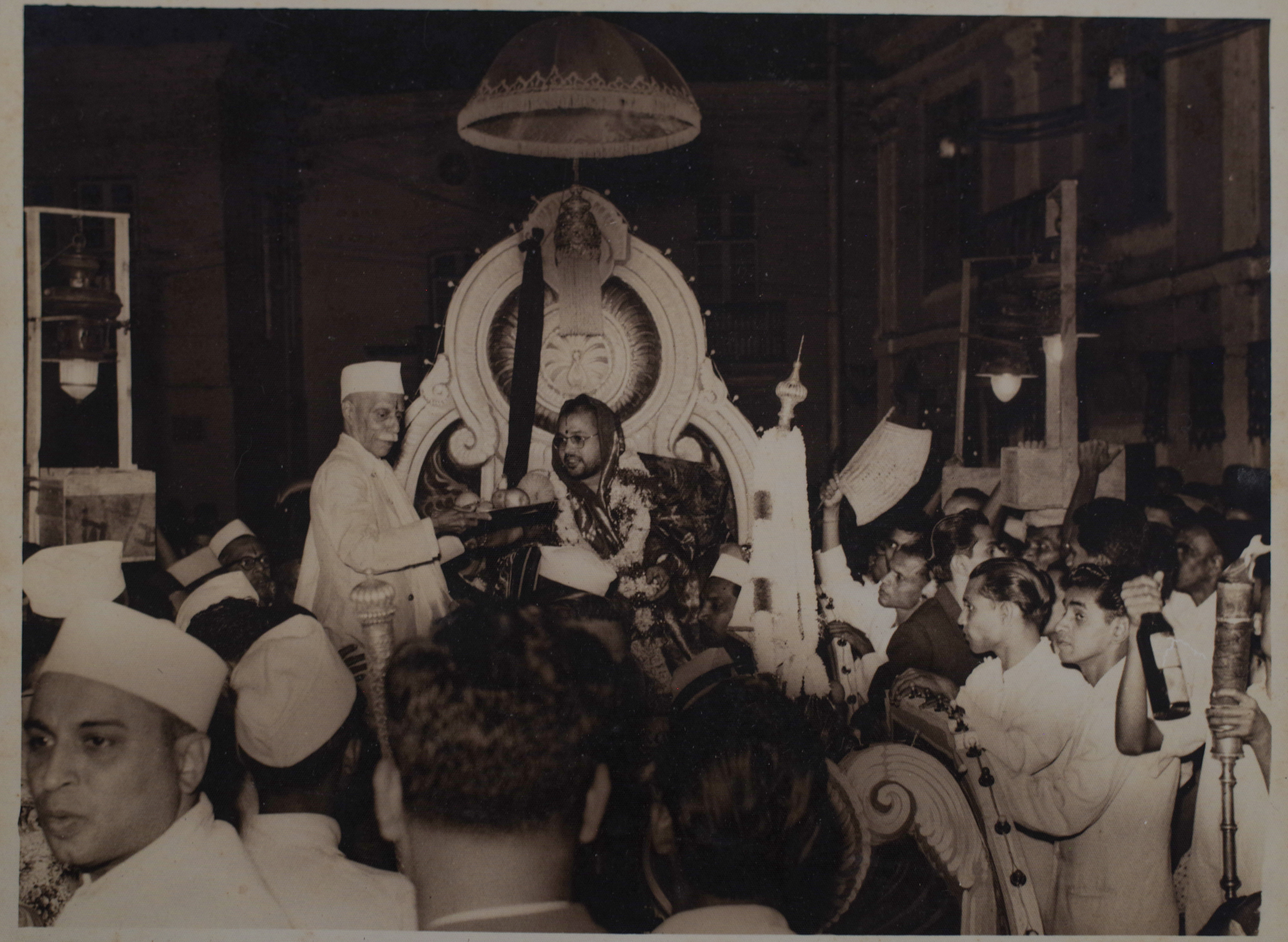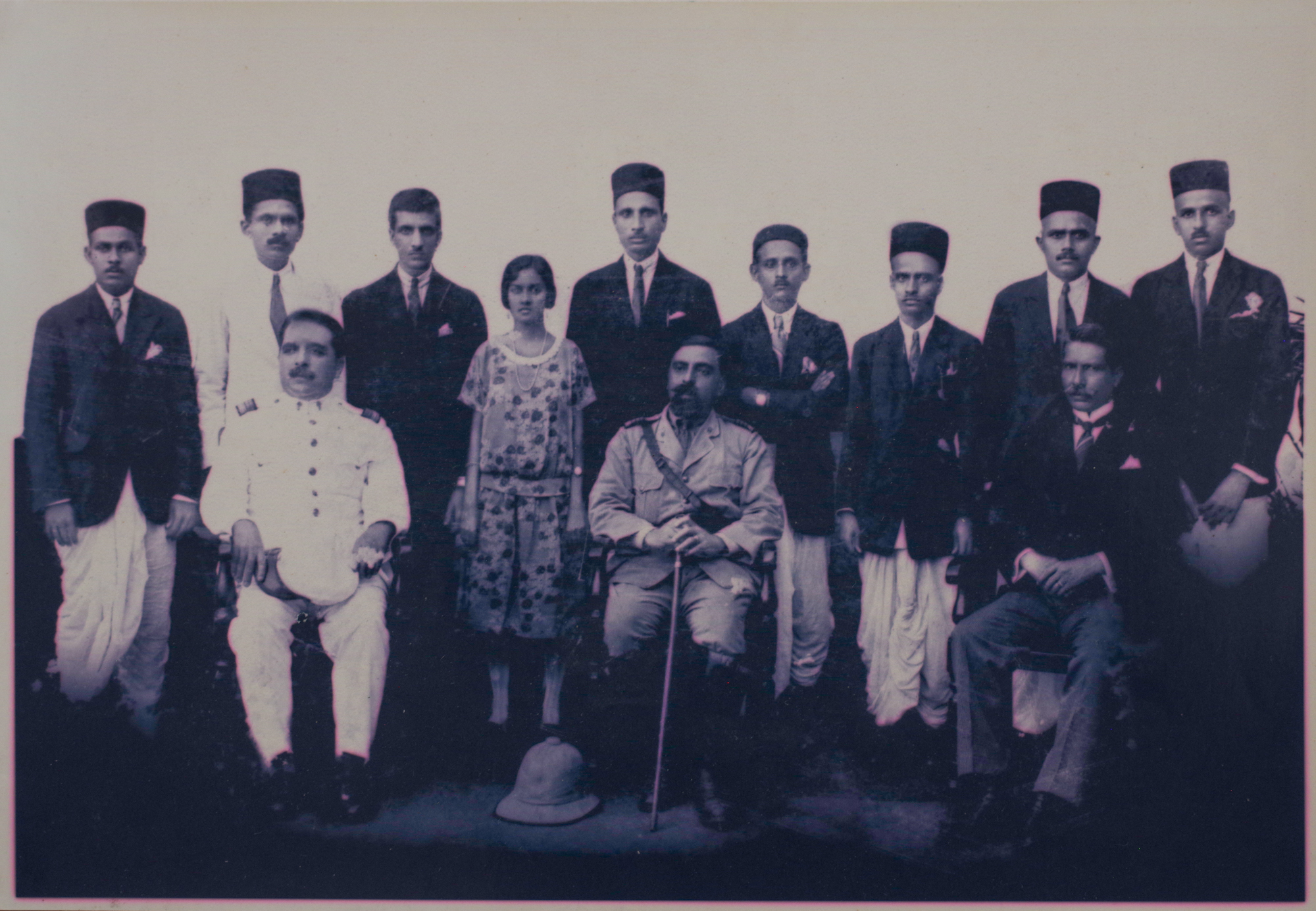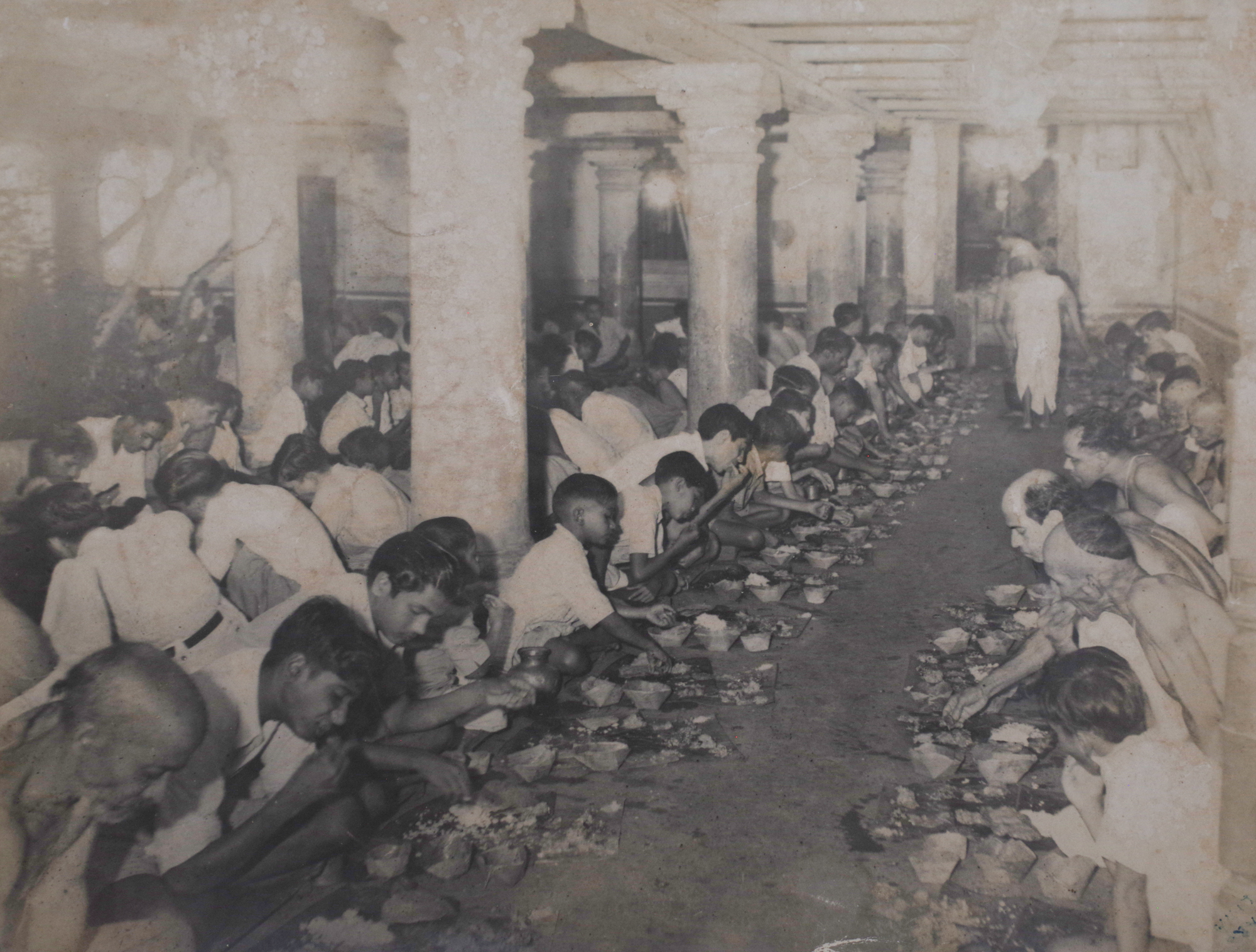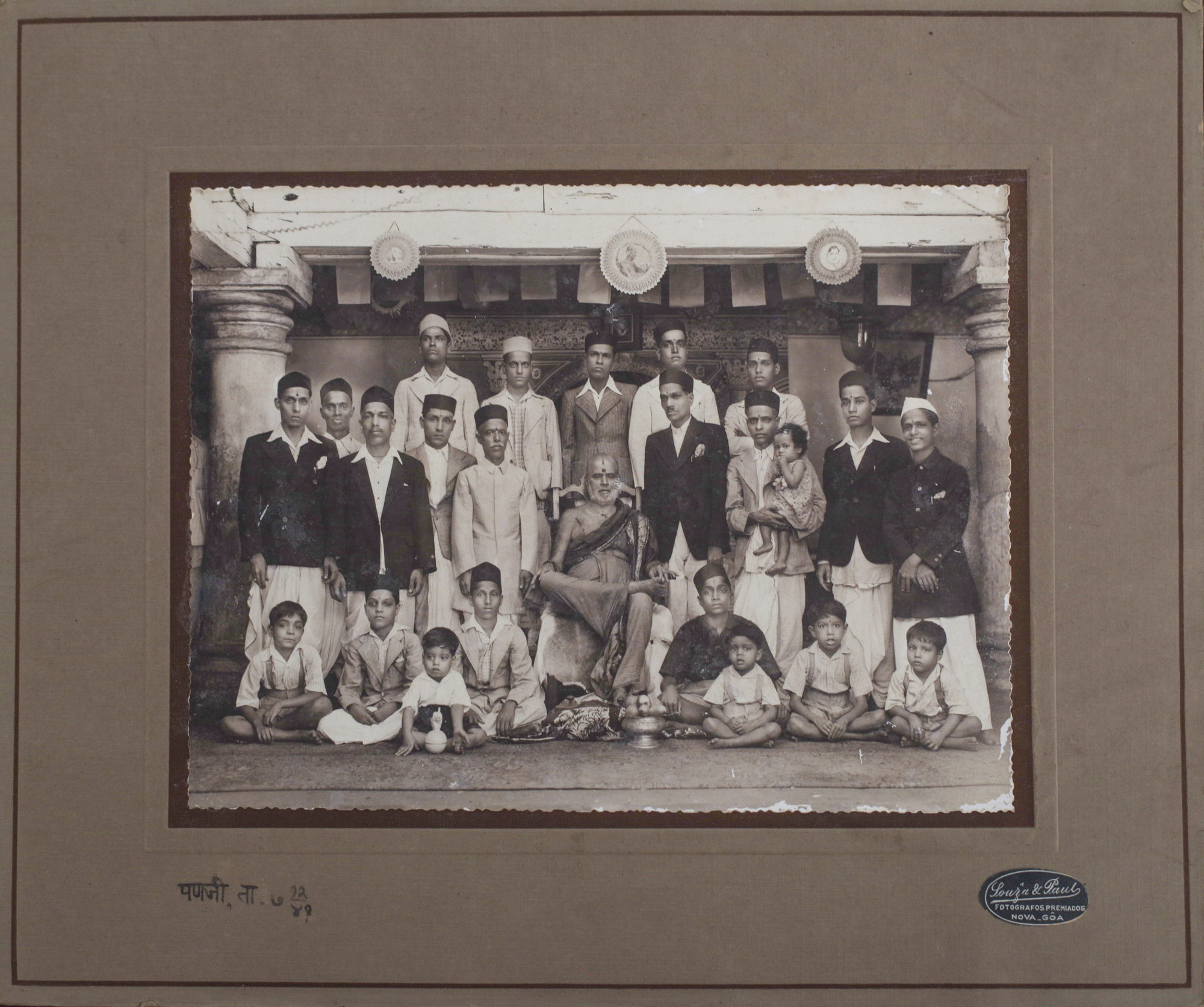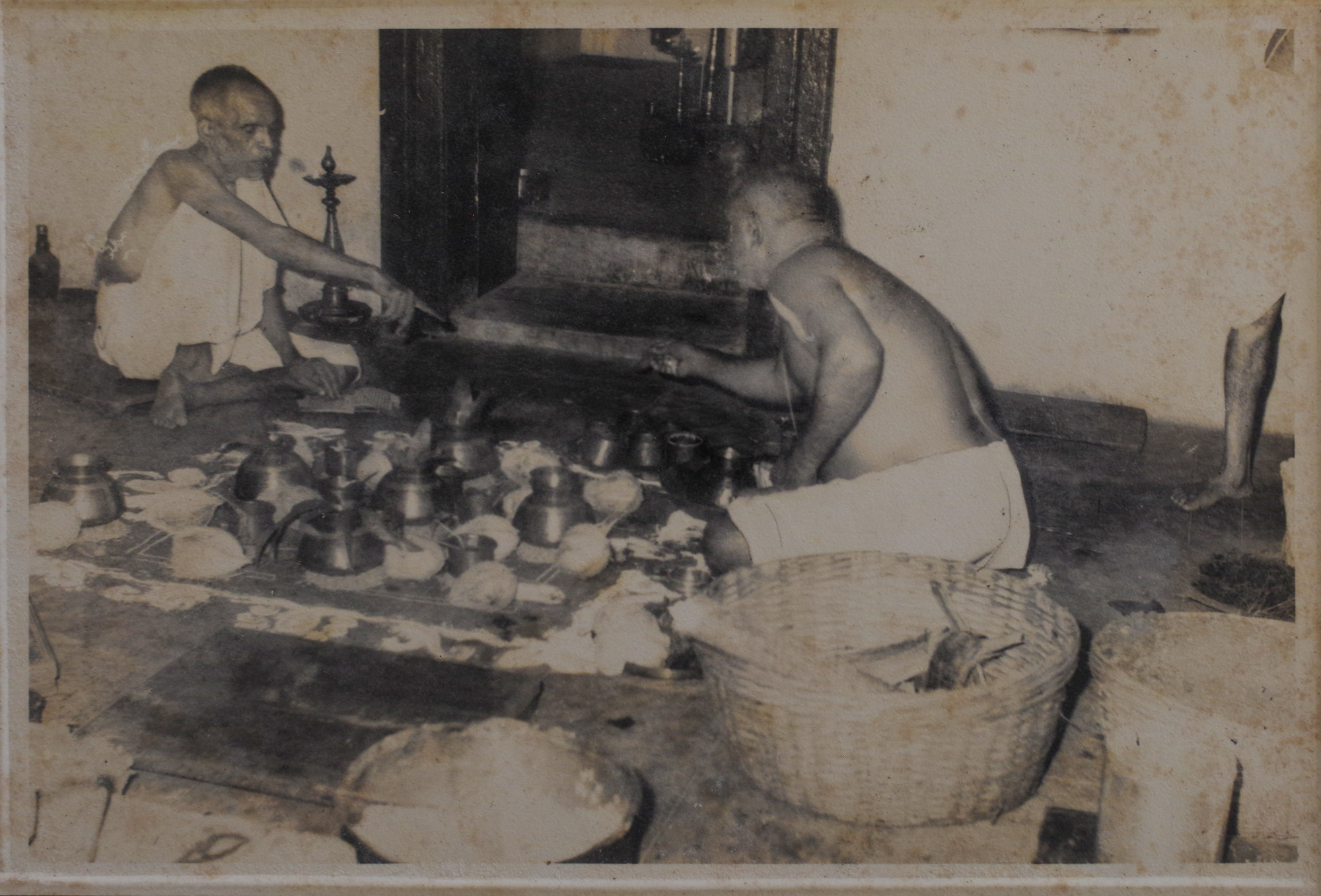(Contributors: Shankar Mhamai Kamat & Jyoti Mhamai Kamat)

The Mhamai Kamat family has significantly shaped the trade and commerce of Goa. Tracing their origins to Suba and his brothers Upea and Pandu, these ingenious merchants from India’s Western Coast excelled as provision suppliers and state shipyard contractors. They adeptly managed the maintenance and provisioning of both state and private vessels, leveraging this position to become prominent brokers for Goa Customs and insurers of vessels. Parallel to these ventures, they prospered in trading commodities like rice, salt, feni, and more across the coast.
Their business acumen extended to the major trade of Balaghat textiles to Portugal, further exporting to countries such as England, France, Russia, Italy, Holland, and the USA. The family emerged as significant agents in French trade in India. In the 1770s, they pioneered cotton trade routes with Brazil, eventually evolving into major global cotton exporters. Dr. Shankar Mhamai Kamat, a former Director of Archives in Goa, has chronicled the family’s heritage and history in two books, shedding light on their pivotal role in Goa’s economic and socio-cultural development.

In the late 17th Century, the Mhamai Kamat family relocated from Guirdolim village in Chandor, Salcete, to Panaji, around 1759, under Portuguese jurisdiction. Shankar Mhamai Kamat’s discovery of a 7th-century Buddha idol in their Panaji house highlights the family’s rich history, with studies suggesting its origin as far back as the 3rd century CE. Jyoti Pradip Mhamai Kamat shares insights into the family’s diverse historical narratives, adding layers of intrigue to their legacy.
Jyoti Pradip Mhamai Kamat, who joined the family in 1984, brought her biochemistry background into this historical realm. She delved into the family’s traditions, culture, and way of living, forming strong bonds across generations. Despite moving to a flat in Panjim due to the growing family, they maintain close ties with their ancestral home, participating in rituals and gatherings.
The family’s patriarch, Suba Camotim Mamay, added the surname “Mamay” around 1765, later evolving to “Mhamai” for the family deity. Post-Suba, his sons established a joint trust known as the “Sarkar,” functioning akin to a parallel government to foster their business interests. Jyoti shares her understanding of the family’s financial history and structure, highlighting the unique aspects of their joint family system.

The Mhamais, followers of Vaishnava math, have a close connection with Partagali math. Their main deity is Shri Mhamai, venerated in a temple at Fatorpa, alongside several other deities. The family adheres to Hindu traditions, performing rituals and celebrating festivals as per the Panchang (Hindu Calendar), uniting the family throughout the year.



An intriguing story revolves around the family’s Gramdevi (guardian deity), Shri Mahalaxmi. In 1817, Shri Narayan Kamat Mhamai dreamt of the goddess asking to be moved back to Panjim from Maem. Following this divine guidance, they relocated the idol to Panjim and later to the Mhamai Kamat residence, until its eventual placement in the constructed Mahalaxmi temple.


Suba Camotim, an influential figure of his time, served as an official broker at Goa customs in 1757. Under his and his sons’ stewardship, the Mhamai Kamats expanded their business, catering to the needs of visiting French ships and officials as brokers and money lenders. The family’s position and power during the Portuguese colonization of Goa are highlighted through these engagements.

The Mhamai Kamat Mansion in Panjim, near the Mandovi river, stands as a testament to their architectural heritage. The house, with its spectacular Rajangan (open courtyard), corridors, and a well-appointed kitchen, reflects the family’s rich lifestyle and traditions. Jyoti Mhamai Kamat recounts her experiences in the ancestral kitchen, showcasing the evolution of family life over time.

The family plays a pivotal role in Panaji’s development across political, cultural, religious, economic, and social spheres. They have contributed to the construction of the Mahalaxmi temple and the establishment of educational institutions like the Mushtifund School, Dhempe College of Arts and Science, and Sharda Mandir.
The Mhamai Kamat Family, in conjunction with other prominent families of Panjim, has shaped the thriving capital city of Goa. Their collective efforts have woven a rich tapestry of culture and tradition synonymous with Goa.
Text: Manashri Pai Dukle Photo Contributors: Shankar Mhamai Kamat & Jyoti Mhamai Kamat.

